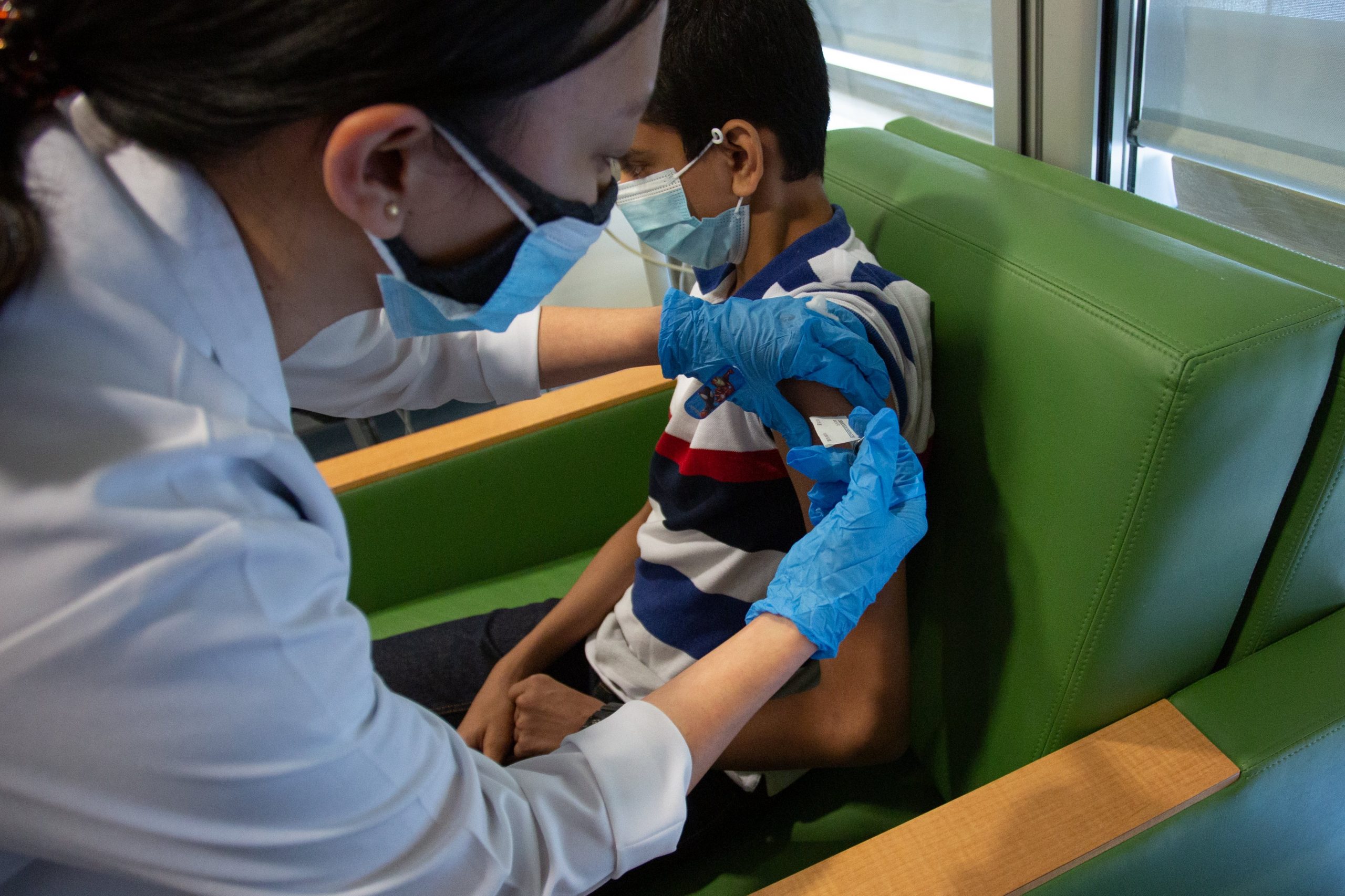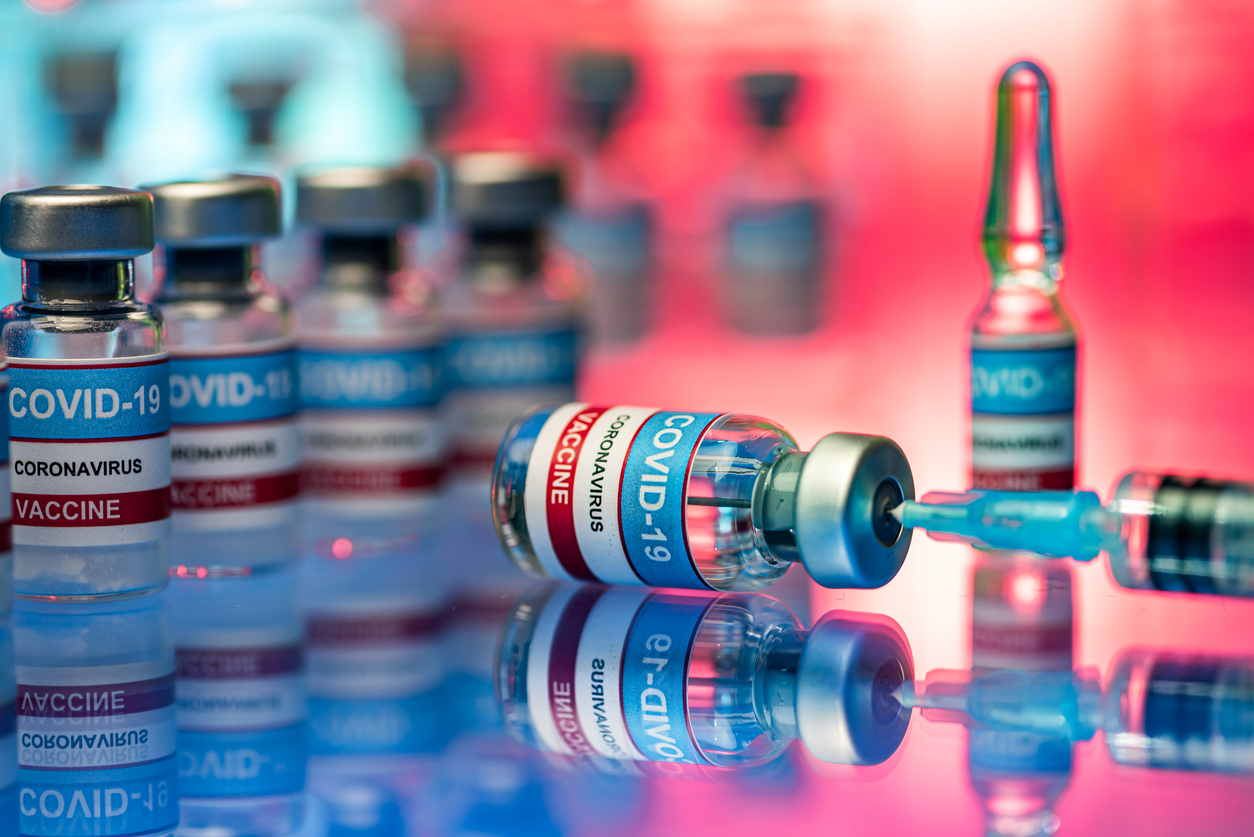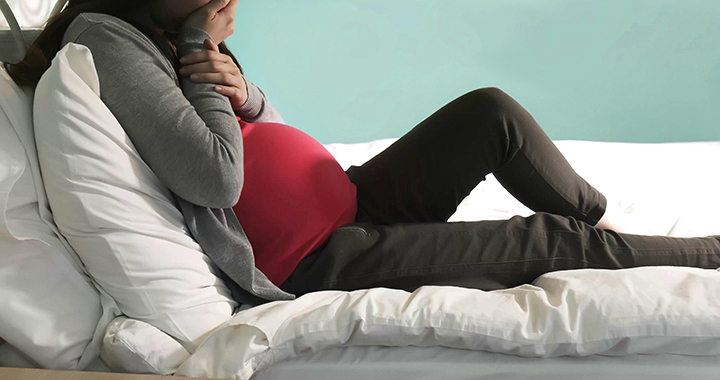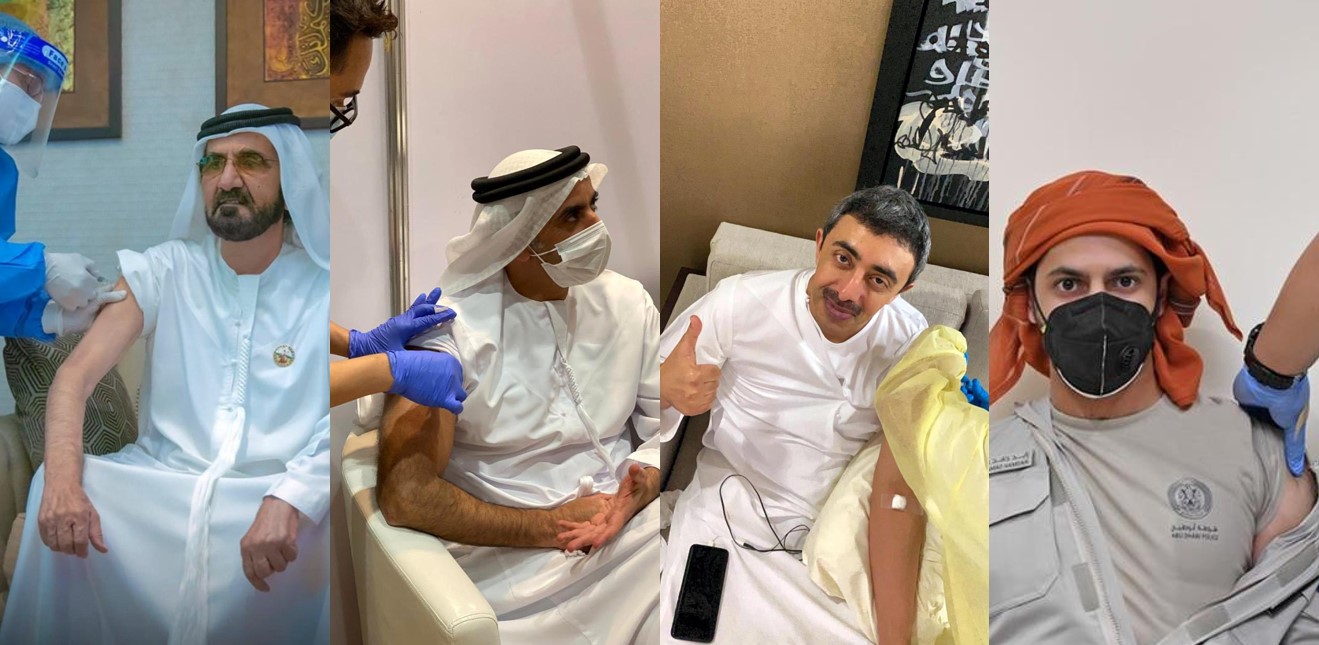The United Arab Emirates has outpaced the rest of the world in terms of COVID-19 vaccination, with more than 13.5 million people now inoculated.
Based on statistics The Filipino Times compiled from various global vaccination trackers, a total of 13,315,751 people in the UAE have already received the jab, overtaking Israel with 10,598,448, as of June 6.
This includes both the number of fully vaccinated individuals and those who have received their first vaccine shot.
As per global data cited in a report by The Economist, 99 percent of UAE’s adult population have already been given their first dose while 62 percent are already fully vaccinated.


Such progress was made possible by its leaders’ major inoculation push to provide its nationals and residents alike with free of charge COVID-19 vaccines. Given on an optional basis, the vaccines are offered in more than 200 centers across the seven emirates.
With an average of 80,837 doses administered each day (data from June 1 to 6), the country’s vaccination rate has reached 136 doses administered per 100 people. At that rate, the UAE can vaccinate 10% of its population within just 25 days—the fastest rate in the world.


Currently, there are four vaccines available for the public: Sinopharm; Pfizer-BioNTech; AstraZeneca; and Sputnik V. In addition, the country has recently begun production of its own vaccine, Hayat-Vax, the first indigenous COVID-19 vaccine in the region that is being manufactured through a joint venture between Sinopharm CNBG (China National Biotec Group) and G42, a leading technology company based in Abu Dhabi.
The UAE’s health sector has been assuring the public that all these vaccines offered in the country are safe and trusted by dozens of other countries worldwide.
Here’s the breakdown of the number of countries that used the same vaccines provided in the UAE: Oxford-AstraZeneca, 175 countries; Pfizer-BioNTech, 104; Sinopharm-Beijing, 54; and Sputnik V, 43.


One of the UAE’s latest studies into the ongoing national vaccination program revealed a significant decline in infection rates after the second dose was administered.
For those who got infected after being fully vaccinated, the study noted a 93 percent efficacy rate in preventing people from being hospitalized, and a 95 percent efficacy rate in preventing ICU admission.
‘Booster shot’ now offered
Recently, the UAE offered to give a booster shot for fully vaccinated individuals who received the Sinopharm vaccine.
Those eligible for the booster dose are the ones who have taken the second dose of the Sinopharm jab at least six months ago, and bookings could be done on the Ministry of Health and Prevention’s website or official COVID-19 app.
Pfizer shots for aged 12-15 approved


Alongside the booster shot, the country had approved emergency use of the Pfizer-BioNTech vaccine for children aged 12-to-15 years, following a study that revealed the Pfizer jab being 100 per cent effective for the age group.
Dubai was the first emirate to have begun its massive COVID-19 vaccine campaign for this age group last week.
This intends to protect them against COVID-19 as the country prepares to open all schools for normal classes.
The vaccination sites are open at Latifa Hospital, Al Jalila Hospital and Hatta Hospital. It is also available in Al Barsha, Al Mizhar and Zabeel Primary Healthcare Centers.
Bookings are available on the DHA App.
What does higher efficacy rate really mean?


The public must not rank COVID-19 vaccines according to “efficacy” or “effectiveness”.
It’s incorrect to assume that someone receiving a COVID-19 shot with a 95 per cent efficacy rate is more protected than someone getting a vaccine with a 66 per cent efficacy rate.
This rate depends on a lot of factors, and the efficacy rate of the same vaccine varies for different levels of COVID-19 infection severity.
The efficacy rate is calculated by finding the percentage difference between the placebo group’s infection rate and the inoculated group’s infection rate.
For example, as seen from the Johnson & Johnson vaccine trials, while 49 per 5,000 volunteers got COVID-19 in the placebo group, only 17 per 5,000 volunteers got the infection in the vaccinated group. So, the vaccinated group had only 34 percent of the number of infections recorded in the placebo group — that gave this vaccine an efficacy rate of 66 per cent (100 per cent minus 34 per cent) for the general level of infection.
Dr. Amesh Adalja, Senior Scholar at the Johns Hopkins Centre for Health Security in Baltimore, explained that all vaccines available to the public today are efficient enough to prevent severe symptoms.
“When you remove the ability of this virus to cause serious illness, to cause hospitalization, and to cause death, it’s a much easier prospect to deal with,” said Dr. Adalja.
Who should not take COVID-19 vaccine?


Select residents may apply for a COVID-19 vaccine exemption if they fall under one of six categories outlined by MoHAP:
1 Active COVID-19 patients
2 Children under 12 years of age
3 Pregnant residents
4 Previously infected individuals after medical evaluations
5 Vaccinated recipients outside the country
6 Individuals who were allergic to previous vaccines or any of the vaccine ingredients, or those who are suffering from any disease that may conflict with the vaccine, according to medical evaluations
“The higher the level of vaccination in the community, the higher the percentage of immunity in this community, but if your case is not allowing you to be vaccinated, read how to get the exemption,” read the message from MOHAP.
Residents who fall within one of these categories may do the following steps:
1 Submit your application through the website: https://smartforms.mohap.gov.ae/CovidVaccinationExemption/AppPages/ExemptionForm
2 The report will be automatically submitted for approval.
3 The applicant will receive a message from MOHAP.
Individuals whose applications were accepted will show their updated status via the Al Hosn App.
Written by Mark Nituma, with data from the United Nations, Johns Hopkins University, and Our World in Data, and reports from 999 Magazine, The New York Times, and Reuters






